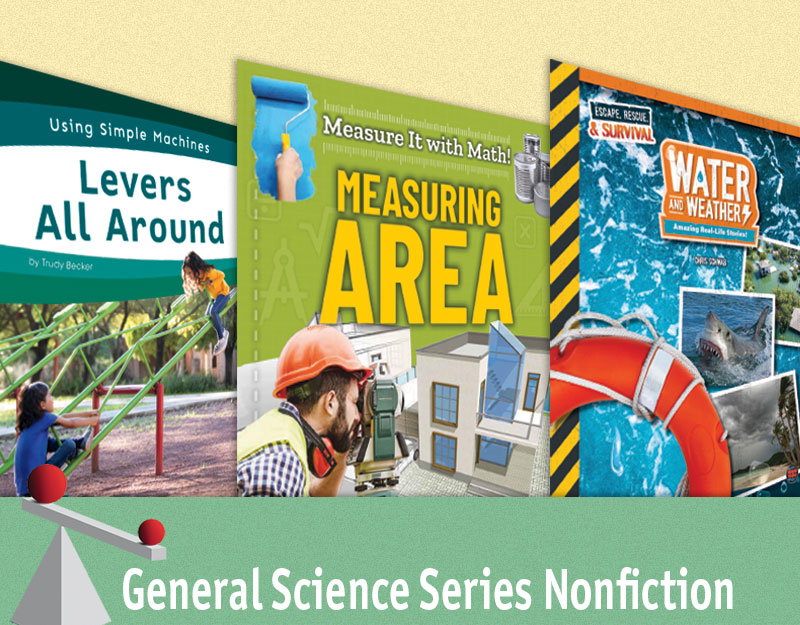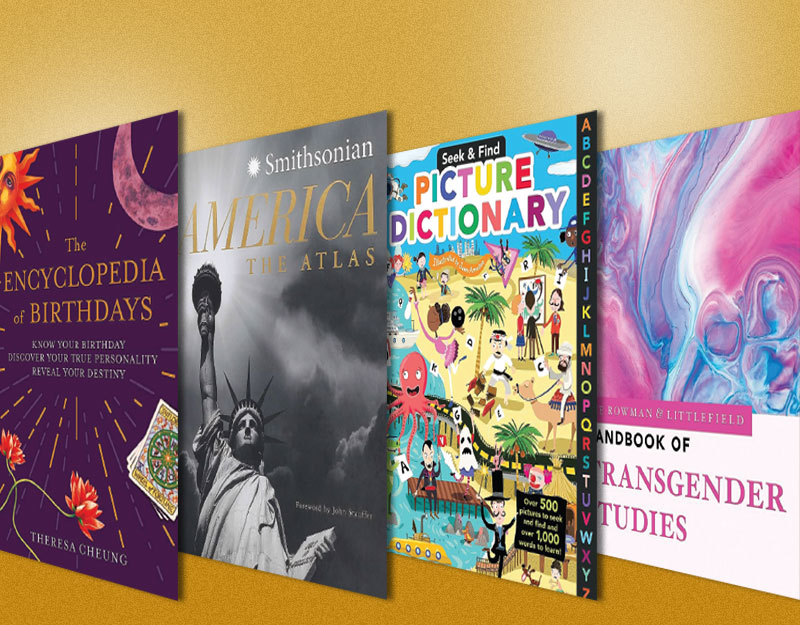Text complexity in the Language Arts classroom, a school librarian’s perspective
Last week, NPR published a piece online to accompany an on air piece from All Things Considered regarding text complexity in assigned student reading and the reading students do in their free time. That piece is available here: http://www.npr.org/blogs/monkeysee/2013/06/11/190669029/what-kids-are-reading-in-school-and-out. I would encourage you (against conventional wisdom) to read the comments.
Filed under: Accelerated Reader, Lexile, NPR, Renaissance Learning, Text Complexity
About Karen Jensen, MLS
Karen Jensen has been a Teen Services Librarian for almost 30 years. She created TLT in 2011 and is the co-editor of The Whole Library Handbook: Teen Services with Heather Booth (ALA Editions, 2014).
ADVERTISEMENT
ADVERTISEMENT
SLJ Blog Network
Top 10 Most Challenged Books of 2023
Fuse 8 n’ Kate: I Had Trouble Getting to Solla Sollew
Double Booking | This Week’s Comics
Parsing Religion in Public Schools
ADVERTISEMENT








This is such a difficult topic! The English teacher in me agrees with those who say there is value in struggling and mastering a complex text, like Shakespeare or Ralph Ellison's INVISIBLE MAN. The librarian in me wants kids to love to read…even though I know some of them just won't. A point no one has addressed here is that in some districts (especially here in Texas), teachers are not allowed to use novels for whole- or even partial-class use if they haven't been approved by a district text committee. In the district I worked for in San Antonio, the vetting process for such books was so extensive that few teachers had the time to fill out the paperwork, so many great books never got approved for classroom use. We had to fight to get ENDER'S GAME on the HS list, much less more current YA or “literary fiction” titles. Modern books with “controversial” topics tend to get challenged by parents more often these days than the old classics (regardless of their content), at least that's been my experience. Not sure how coherent this comment is, but that's my two cents 🙂
Hi Lauren! That sounds really discouraging! I was surprised this year to hear how some of my state's school districts were dealing with this same issue – by requiring the school library to purchase copies of all examplar texts…so strange. I know we have a procedure the teachers have to go through to have a text approved for whole class teaching. Fortunately the texts on the pre-approved list were not altered for this past school year. I think that was a matter of economy. The schools can't afford to go out and purchase whole new classroom sets of novels.
Do you get asked to help fill out the paperwork for approval?
Also, speaking of books with controversial topics, someday I should make a list for everyone of what I read in AP Eanglish 25+ years ago. Yikes!
The librarians do help some with the approval process, but it's mostly up to the ELA teachers b/c the books are ordered through the departmental budget and not the library budget.
As for books with controversial topics–I taught 1984, BRAVE NEW WORLD, OEDIPUS, HAMLET, Dante's INFERNO, A DOLL'S HOUSE, TURN OF THE SCREW, HEART OF DARKNESS, WUTHERING HEIGHTS, BLESS ME ULTIMA, and INVISIBLE MAN as an AP Lit teacher…the only books I ever had challenged were BLESS ME ULTIMA and INVISIBLE MAN–the two “newest” ones. No one seems to care that Oedipus has sex with his mother or Hamlet spends the entire play contemplating suicide because they're on everyone's list of classics…
Wow, I totally forgot about Heart of Darkness! *adds to list*
The most memorable things we read were: A Clockwork Orange, The Bluest Eye, and Even Cowgirls Get The Blues.